What is CBD?
The question everybody is asking.
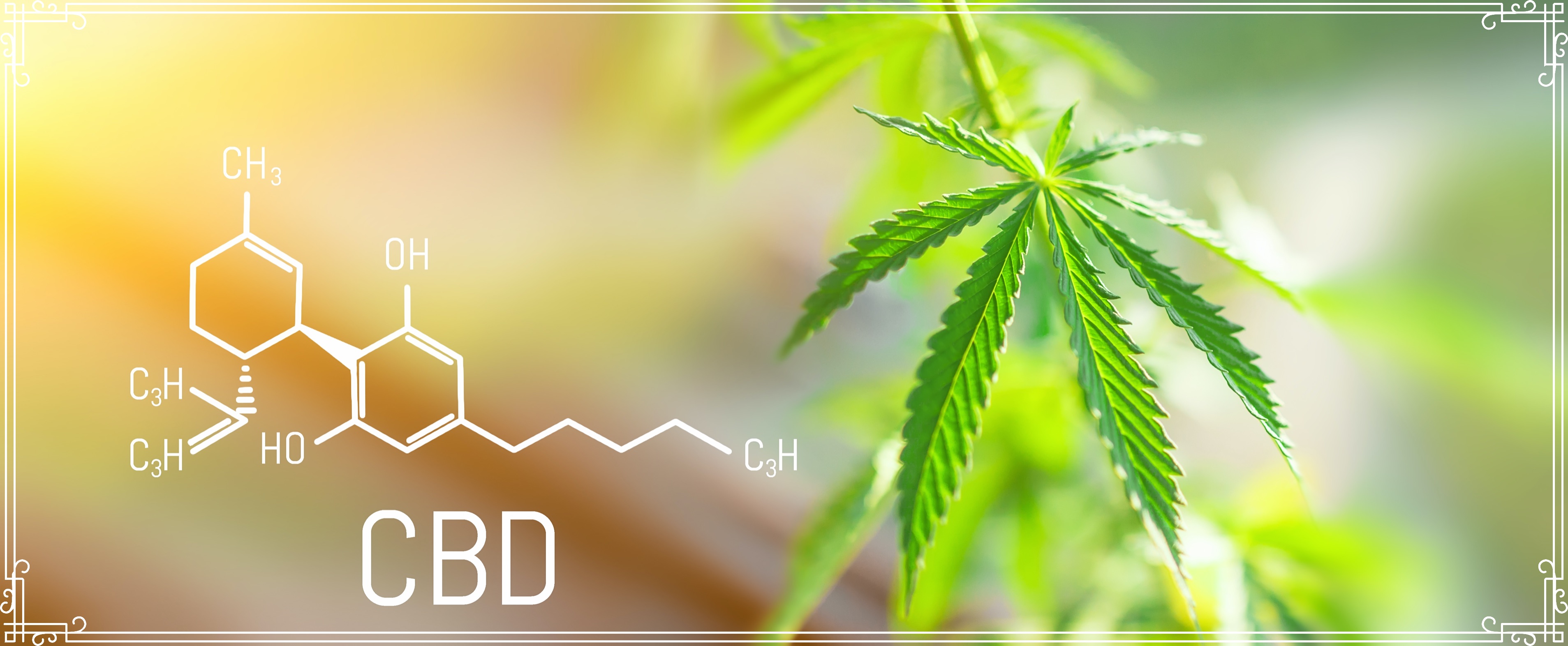

Clifford Hurley
Journalist, professional researcher and CBD enthusiast
Cannabidiol (CBD) is a naturally occurring molecule found in cannabis and is the second most prevalent ingredient of the plant. Unlike THC, the phytocannabinoid that causes the intoxication that people experience from using cannabis, CBD counters the psychoactive effects of the plant.

The rich history of cannabis as medicine stretches millenniums into the past, and modern scientists and physicians have tested and confirmed the immense therapeutic properties of CBD. CBD offers people the ability to benefit from the medicinal aspects of cannabis without intoxication or the "stoned" feeling. In this article, you can explore the history of CBD, how it works, and its many different uses.
The history of CBD?

To talk about the roots and origins of CBD, it is important to start at the history of medicinal cannabis, as that is where it truly began. While the ancients did not have the modern science to know to extract and isolate CBD, their uses of cannabis largely incorporated the therapeutic properties of the molecule. Ancient Chinese physicians and surgeons are credited as being the first to use cannabis as an anesthetic.
The Chinese term for "anesthesia" literally comes from "cannabis intoxication". The Ancient Egyptians used hemp, a type of cannabis plant with significantly higher CBD than THC, to treat sore eyes, hemorrhoids, and inflammation.
Ancient Indians were frequent users of cannabis for the treatment of pain, insomnia, headaches, and a large variety of gastrointestinal disorders. Arab physicians of medieval Islam made extensive use of the anti-inflammatory, antiepileptic, and analgesic properties of cannabis for over ten centuries.
It wasn't until an Irish physician, William Brooke O'Shaughnessy, began extensive experimentation on cannabis in the 1830s that medicinal cannabis was introduced to the west. It wouldn't be until another century passed that the cannabinoids were identified and isolated as the active ingredients of cannabis. Roger Adams, an American chemist, first successfully isolated CBD in 1942. While scientists now had some partial understanding of the biological components within the cannabis plant, they still didn't know which cannabidiol corresponded to what effect of the plant. Through his discoveries of the stereochemistry of CBD and THC in the 60s, Dr. Raphael Mecholam was able to prove that CBD was not a psychoactive compound..
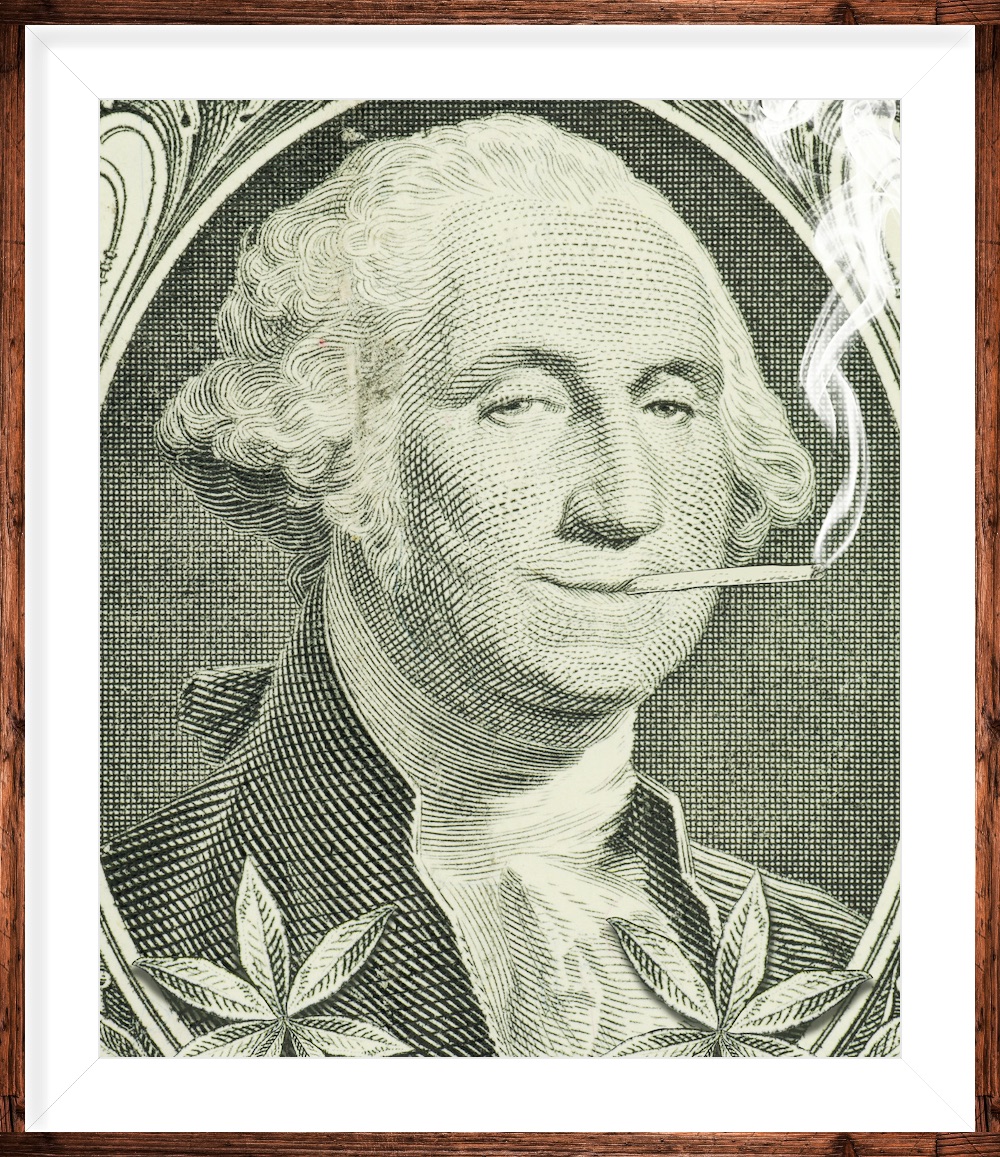
He later went on to conduct studies on the use of CBD to treat patients with epilepsy. While the studies showed significant promise, the findings weren't publicized as a breakthrough due to the stigma surrounding cannabis.

It took immense amounts of activism to get the American government to recognize cannabis as having some kind of medicinal value, and it wasn't until the late 90s and early 2000s that states began legalizing medicinal cannabis use. It's only recently that the research of CBD as a treatment for chronic pain, epilepsy, anxiety, inflammation, and numerous neurodegenerative diseases took off.
HOW cbd works
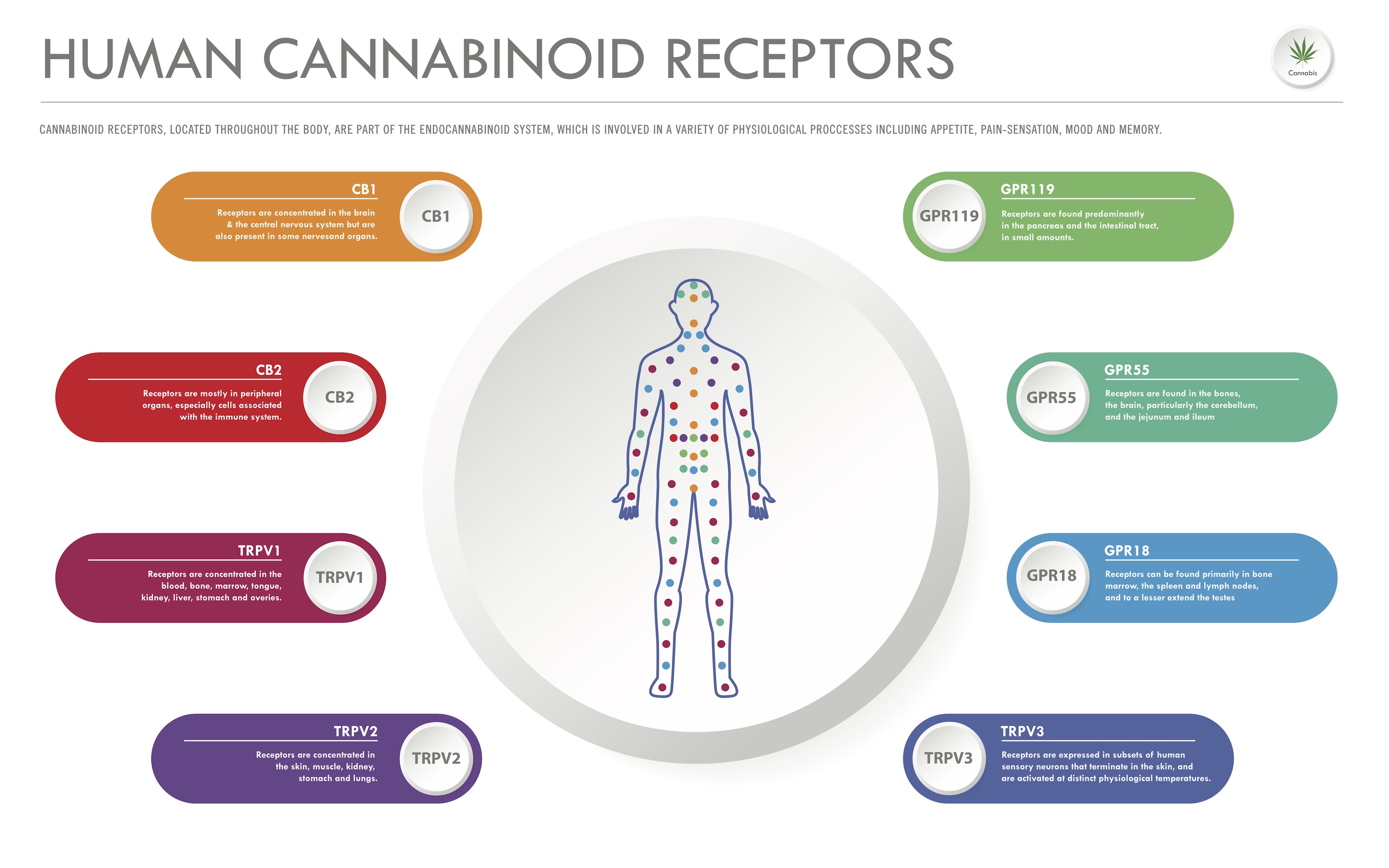
To understand how CBD works in the body, it is important to understand the mammalian endocannabinoid system --a regulatory molecular system that exists to balance many different processes in the body, from immune response to metabolism. The endocannabinoid system works through an intricate dance between neurochemicals and their receptors throughout the body. We have two major types of cannabinoid receptors in the body: CB1 and CB2. CB1 receptors are found in the central nervous system and play a role in mood, pain, and sleep. CB2 receptors are found in the immune system as well as the nervous system, and play a role in inflammation. The neurochemicals that fit into these receptors are known as endocannabinoids, and they have been established to play a protective role in the prevention of various diseases that correspond with the roles of the CB1 and CB2 receptors. A dysfunctional endocannabinoid system may be a cause for a host of various diseases, so CBD indirectly acts on these receptors to give protective and positive effects. CBD action on the CB1 receptor can aid with mood-related disorders while action on the CB2 receptors can aid with inflammatory disease. Because the research of the endocannabinoid system and how CBD interacts within it is relatively new and still undergoing discovery, it is known that there is a whole range of other cannabinoid receptors to be identified and studied, eight of which have been discovered so far.
The Uses of CBD
Perhaps the most well documented and proven use of CBD is the ability to reduce inflammation in the body. This makes it extremely beneficial for patients who suffer from a wide range of diseases that are caused by inflammation, from arthritis to asthma. In fact studies have suggested that most of all diseases are catalyzed by some aspect of inflammation.

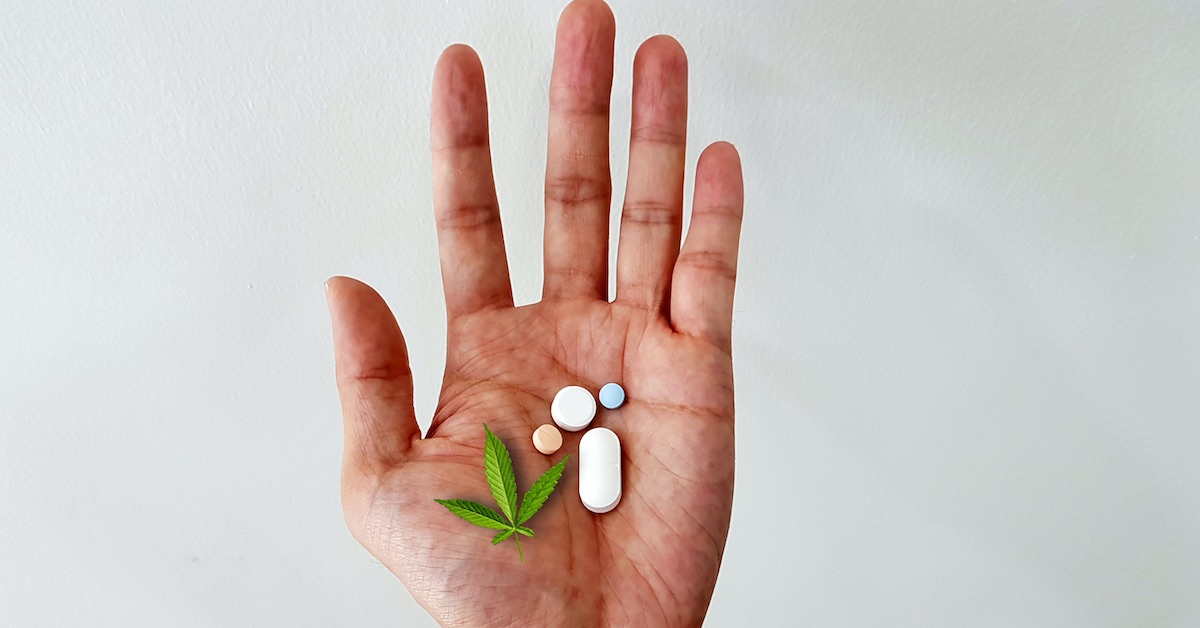
CBD is medically accepted and recognized to reduce seizures in patients whose epilepsy is secondary to certain diseases. A pharmaceutical drug that is based on CBD called Epidiolex is manufactured for this very purpose and there is an immense amount of anecdotal and science backed evidence verifying this data. CBD has also been a powerful tool for combatting seizures in dogs, cats and other pets as well.
Many people take CBD to reduce anxiety and stress. While THC has been reported to increase anxiety for many and are one of the main reasons many people simply stop using cannabis entirely, CBD counters that psychoactive effect. In fact CBD Flower is such a unique product as it gives you all the great benefits of smoking the buds of cannabis and removes the paranoia and anxiety. .
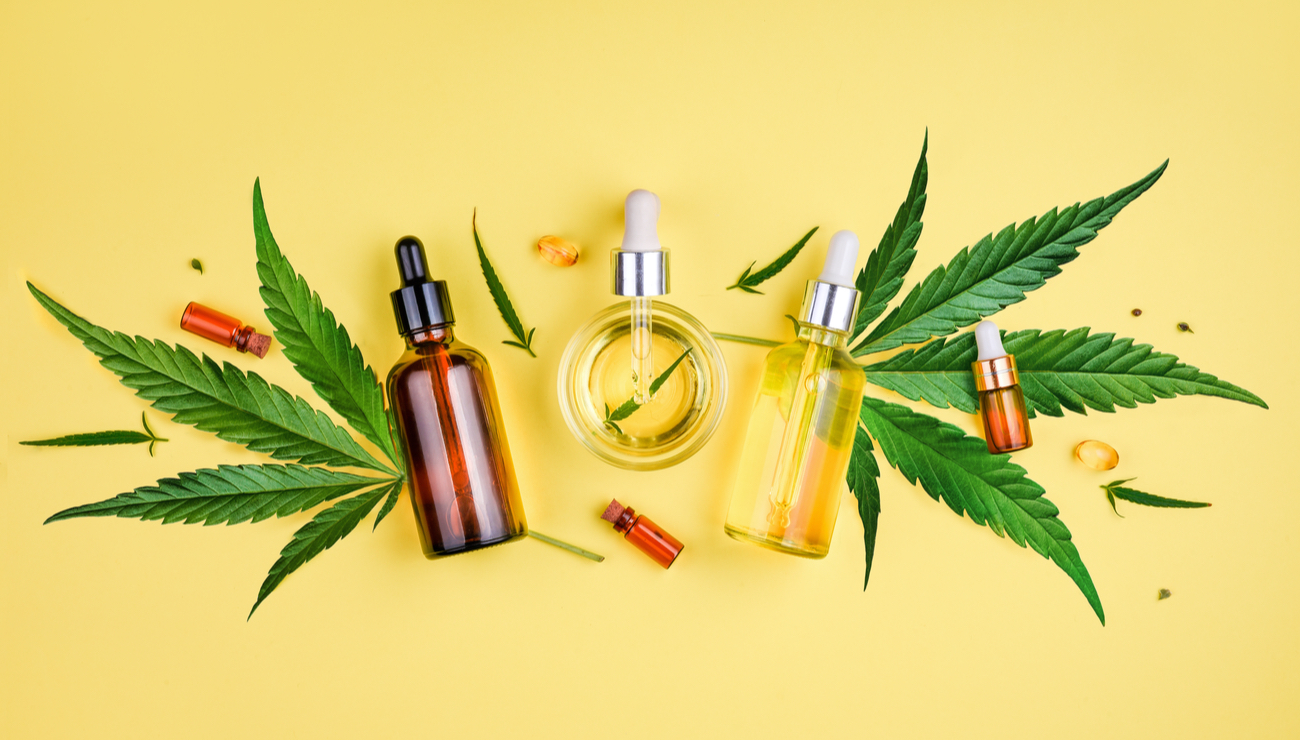
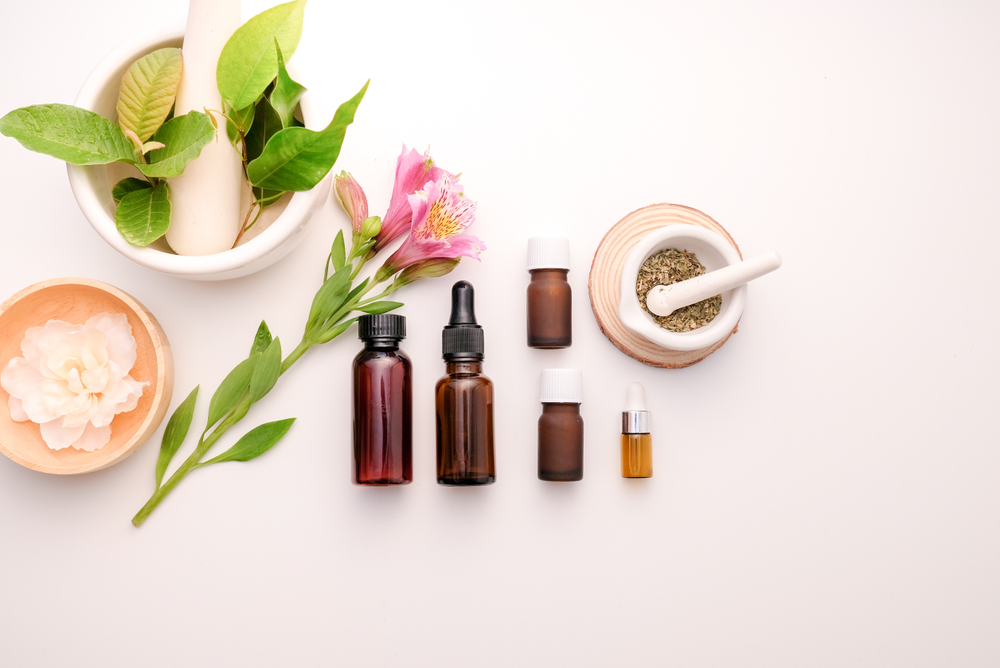
The skin has a high concentration of CB2 receptors, and the topical use of CBD can repair damage from UV light and environmental pollutants. This is why we offer a full line of CBD Topical products. CBD has been proven beneficial for its preventative role against a range of diseases as well. For instance, the risk of age-related bone degeneration and disease may be prevented by the use of CBD, as it has been shown to block an enzyme central in the mechanism of such diseases
Any safety concerns with CBD?
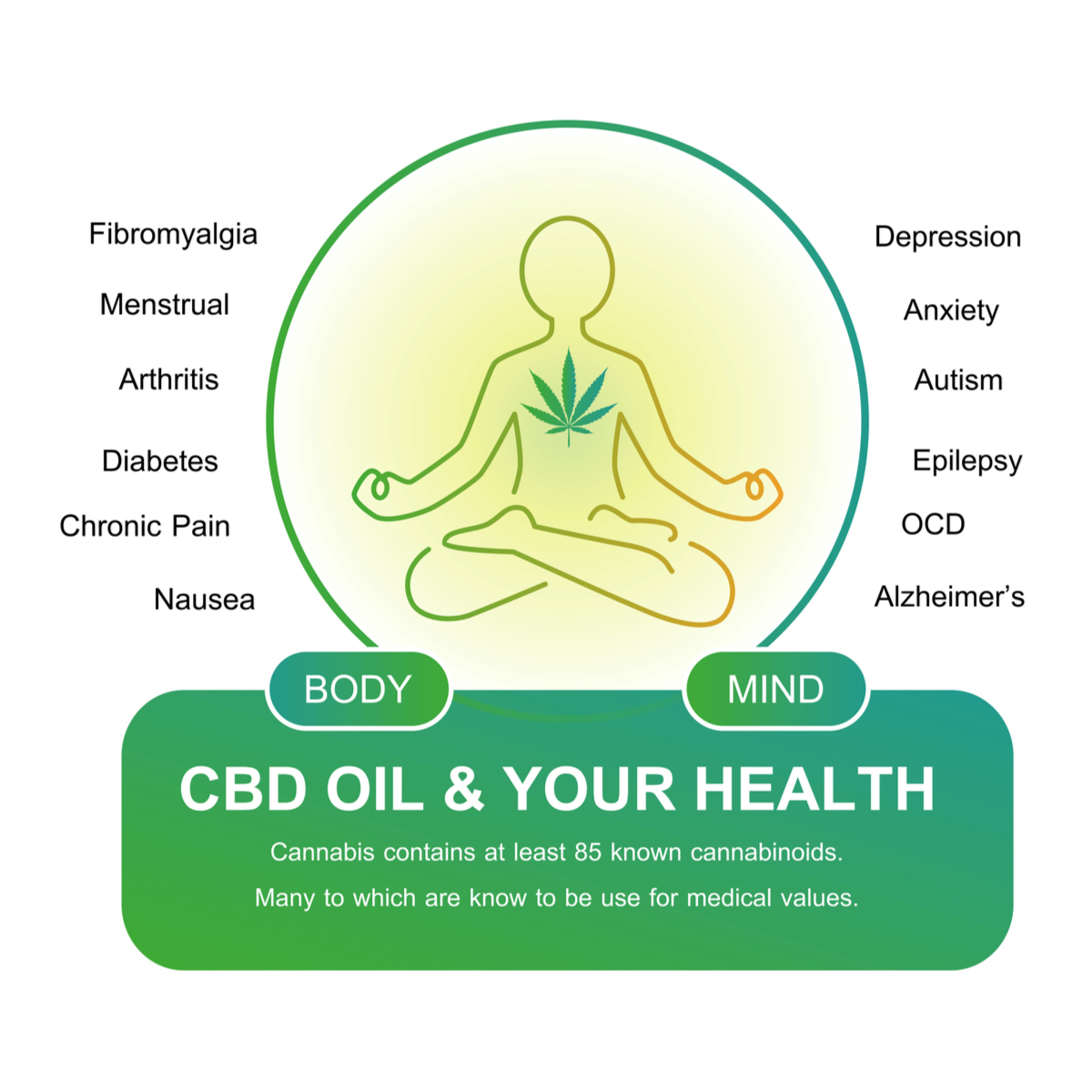
CBD is medically proven to be a non-addictive product, and there is no risk of intoxication by its use. Any side effects are light to moderate at most, such as a dry mouth or reduced appetite. Unfortunately, CBD suffers from the stigma associated with cannabis, and a lot of unscientific and disproven myths persist surrounding it. With state legalizations progressing research and medicinal use of cannabis and its products forward, more people are beginning to benefit from the endless wonders of CBD.
Click here to Buy CBD for personal use.
If you are a retailer, vape-shop, convenience store, market or any other business that would like to start carrying CBD. We suggest you take a look at our full range of Wholesale CBD Products

